If you’ve never been to therapy, or even if you’re a seasoned pro, the terms and language used in the mental health field can be confusing. Add in the fact that different counselors mean different things when they use the same terms, and it’s not surprising that clients often experience a steep (and annoying) learning curve. Demystifying the language of therapy can help remove barriers to treatment—something SCS is passionate about. Here are some commonly used terms in therapy, as well as SCS’s specific definition:
- Therapist/Counselor: a therapist or counselor is a trained professional who provides mental health services. They may have different credentials and training. Our practice includes marriage and family therapists, licensed professional counselors, social workers, and clinical interns, who are in graduate school
- Client/Patient: the person receiving therapy is often referred to as the client or patient, or the identified patient. The latter applies to insurance clients who may have family or partners attending some of their sessions.
- Confidentiality: therapists are bound by ethical guidelines to keep client information private and confidential, except in specific (and rare) situations where there may be concerns about safety, or if a client requests their notes. In addition to ethical requirements, there are legal requirements, as well as consequences if a therapist violates confidentiality
- HIPAA: the Health Insurance Portability and Accountability Act is a law in the United States. It’s both an ethical framework that respects individuals’ rights to privacy and confidentiality, as well as a legal framework that mandates compliance and consequences for mishandling of protected health information
- PHI: protected health information—this is any information that could be used to identify a client such as a client’s name, contact information, and the like
- Informed Consent: informed consent is the process of the therapist providing relevant information about therapy, including its benefits, potential risks, and the client’s rights. The client then gives their consent to participate in therapy with this understanding. This information is provided via intake paperwork, and requires a client’s signature before starting treatment
- In-Network: therapists can opt to contract with insurance companies to become an in-network provider. This means that the therapist agrees to bill the client at a rate set by insurance companies. Most therapists’ in-network rate is much lower than their full fee. By becoming an in-network provider, the therapist agrees to essentially lower their rate so that clients can use their mental health benefits, instead of paying out of pocket. SCS is in-network with Premera, which means that clients who have a Premera plan will not have to pay out of pocket for therapy. Instead, we will bill Premera, and they pay us, or indicate that the client owes money for their deductible
- Out of Network: if a therapist is out of network, it means that they have not contracted with a particular insurance plan. For example, SCS is out of network for all plans except Premera, which we are in-network with
- Session: a therapy session refers to a scheduled appointment or meeting between the therapist and the client. Sessions typically have a specific duration, usually around 45 to 60 minutes. SCS bases scheduling on insurance requirements, so all of our sessions are 53 minutes long
- Client Portal: SCS uses HIPAA-compliant software called Simple Practice for scheduling, charting, billing, and telehealth sessions. Clients can log into their client portal to see their bills and schedule or reschedule sessions. Simple Practice is also used to send out intake paperwork and store all of our client’s medical records
- Diagnosis: in some cases, specifically when clients are using insurance for direct billing or out-of-network reimbursement, therapists may provide a diagnosis to help understand and treat specific mental health conditions. This can help guide treatment approaches and interventions, and is required for insurance purposes
- Techniques/Theories/Modalities: therapists utilize a wide variety of techniques in their practice to address specific concerns. These can include cognitive-behavioral therapy (CBT), psychodynamic therapy, mindfulness-based approaches, and many more. Theory refers to the therapist’s training and how they work with clients to create change. Each theory has a different idea regarding what will help clients change
- Homework/Assignments: in between therapy sessions, therapists may provide homework or assignments. These assignments help clients learn and apply new skills, and may include psychoeducation in the form of books, handouts, articles, workbooks, or podcasts. Because therapy is typically only one hour per week, and change requires much more time and effort, we use homework to help clients make progress more quickly
- Low-Cost/Sliding Scale: this refers to therapy services with a reduced fee, which can be adjusted based on the individual’s income or financial situation. SCS offers low-cost therapy via our clinical interns, who are sliding scale, $60-$75 per session



